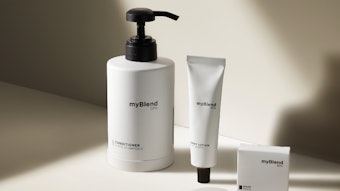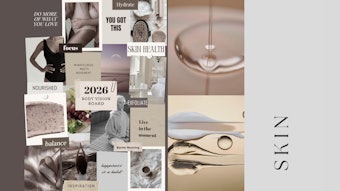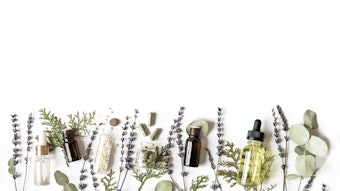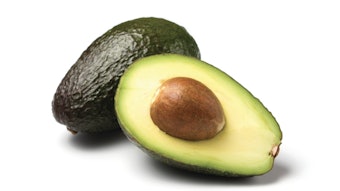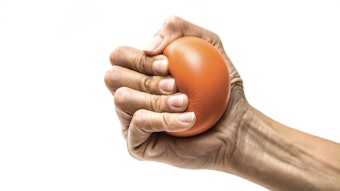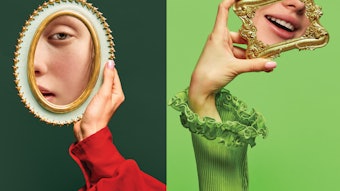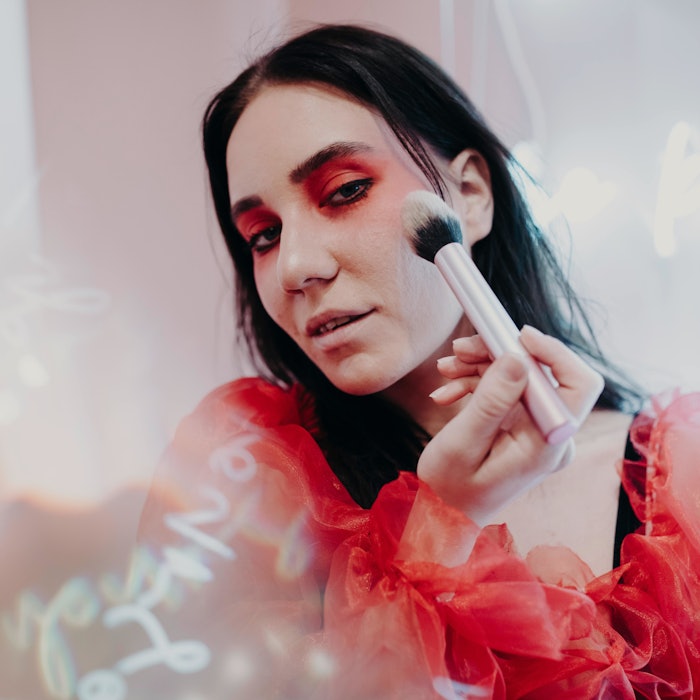
Gen Z and millennial shoppers have aspirational beauty tastes whether or not these consumers are actually rich, and adore beauty dupes. How can brands tap into these trends? Mintel and Rachel Howard, director of owned media at Base Beauty Creative Agency, have some answers.
According to a new co-created report from the organizations, this has significant implications for beauty R&D/product development and marketing.
Per the report, 65% of U.S. consumers believe that luxury products/services impress others, particularly as social media has made luxury products and lifestyles more visible than ever before.
It's no surprise, then, that 59% of 29-43-year-olds value showing off their financial status through their lifestyle.
Aspirational Beauty Dupes
Zillennials (the micro generation at the older/younger ranges of Gen Z and millennials, respectively) are financially savvy, as we reported in Global Cosmetic Industry's recent generational beauty report.
As a result of this financial focus, 42% of surveyed consumers seek less expensive alternatives to high-end products.
For those who are not rich but aspire to live a more luxurious lifestyle (or are just choosy with their spending), Gen Z and millennial beauty shoppers will pursue dupes. In fact, per the report, 64% of Gen Z and 67% of millennials use product dupes to save money, per the Base Beauty Creative Agency x Mintel report.
In fact, one in three beauty shoppers have actually purchased makeup dupes seen on social media.
➡️"Brands can effectively engage Gen Z and millennial shoppers by embracing dupe culture in several ways," says Rachel Howard, director of owned media at Base Beauty Creative Agency. "First, they should create affordable alternatives that offer similar quality or aesthetics to high-end products, making luxury more accessible."
➡️She adds, "Emphasizing value and functionality is also key; brands can showcase how these dupes perform against their pricier counterparts to highlight their effectiveness and savings."
➡️Howard continues, "Leveraging influencer partnerships can help legitimize these products. Influencers can authentically demonstrate how dupes fit into their routines, which resonates well with younger consumers."
➡️Finally, she explains, "Additionally, participating in social media trends, especially on platforms like TikTok and Instagram, allows brands to connect with audiences directly and encourage user-generated content around their dupes. By leaning into dupe culture, brands can not only attract younger consumers but also foster a sense of community around value-driven choices."
Across all categories, 59% of millennials are more likely to buy products sponsored by content creators they follow, while 48% of Gen Z shoppers have made purchases based on influencer recommendations.
As previously reported, fragrance dupes continue to be a Gen Z favorite. A recent Circana analysis noted that scent dupes offer a similar fragrance experience as a luxury or niche brand, but at a fraction of the cost. These lower cost alternatives are more visible and discoverable than ever, thanks to #PerfumeTok and high Gen Z engagement in the fragrance category.
Gen Z is reportedly "twice as likely to be influenced to purchase a scent that is a dupe or inspired by a more expensive scent," per the Circana analysts, in part because these shoppers believe that lower cost fragrances can be just as good as their more premium counterparts.
In 2024, the dupe culture trend is a "bright spot in the mass fragrance market," with private label brands growing more than 50% year-over-year. Many are marketed as equivalents to luxury and prestige brands.
Dupes have become so mainstream that even retailers like Walgreens have introduced openly dupe-focused beauty collections.
Quality is Key to Aspirational Beauty & Dupes
While pricepoints are flexible, quality and efficacy are not.
➡️"Brands at any price point can tap into aspirational beauty desires among Gen Z and millennial shoppers by emphasizing quality and performance, demonstrating that affordable products can deliver results comparable to luxury items," says Howard.
➡️She adds, "Crafting compelling narratives and high-quality visuals that connect products to aspirational lifestyles can evoke desire. Additionally, fostering a sense of community and inclusivity, along with offering personalized experiences, can make even lower-priced items feel exclusive and special."
The Financial Implications of Aspirational Beauty
Despite the prominence of lower-cost options such as dupes, 22% of millennials have gone into debt for impulse purchases across categories.
In fact, 33% of surveyed consumers regret overspending on beauty; this skyrockets to 52% for Gen Z and 40% for millennials.
➡️"To address shopper regrets among younger consumers, brands can offer high-quality, affordable options that provide a luxurious feel without the guilt of overspending," says Howard.
➡️She adds, "Focusing on transparency and highlighting sustainable practices aligns with the values of socially-conscious shoppers. Additionally, implementing flexible return policies and loyalty programs can enhance consumer confidence in their purchases."
➡️Howard concludes, "By prioritizing value and empowerment, brands can create indulgent experiences that resonate positively with younger consumers."



